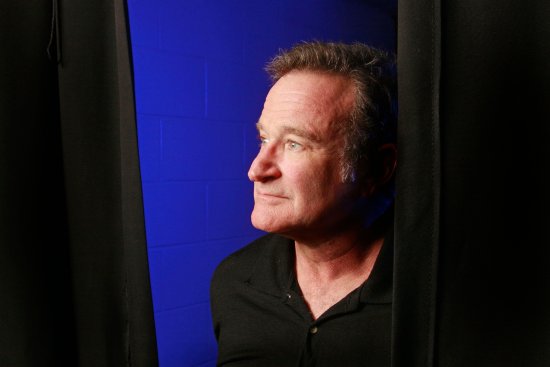
Two years ago, the comedian and actor Robin Williams killed himself in his home. The death of a man who created such joy struck millions of people especially hard. He was only 63. Many felt as if he had much more happiness to share.
On the anniversary of his death, Matt Haig, author of Reasons To Stay Alive, posted a remembrance of not just Robin Williams but a condemnation of the response, which was nestled in the belief that somehow depression would be more discriminating—that it wouldn’t infect someone who smiled so much. Haig writes of the collective question, “And if the clowns—the people there to cope with the process of existing—find it too hard, then what is the hope for the rest of us?”
But that question comes from the wrong assumptions, Haig points out. Including Williams, he writes that it is important we remember other things, too:
It is worth remembering that suicide is a symptom of an illness. The illness is called depression. People die from other illnesses and it is not called selfish. Also, depression is one of those illnesses that don’t care about your bank balance or your nice house or the Oscar you keep in your bathroom. Depression is not a movie. It is not always ‘about’ something. it is also something that can be invisible. A depressive will very often pretend to be something else.
Haig encourages people to resist the impulse to make anyone’s suicide about themselves—about them losing a source of glee or an example of how to be. Instead he encourages greater empathy for everyone—even those we don’t suspect are struggling—because, as he concludes, “We never know. We never know.”
Here is Haig’s full statement:
TIME Ideas hosts the world's leading voices, providing commentary on events in news, society, and culture. We welcome outside contributions. Opinions expressed do not necessarily reflect the views of TIME editors.